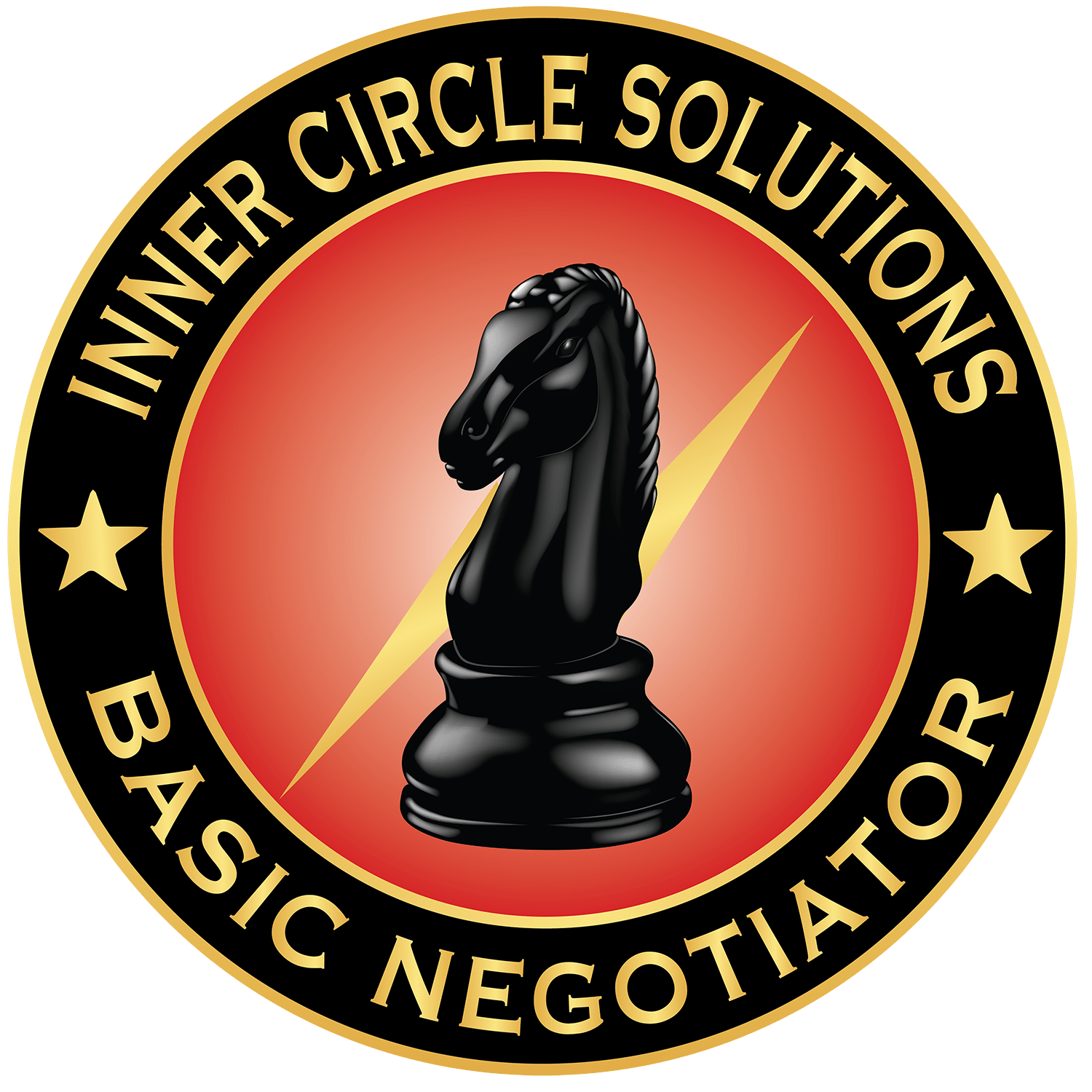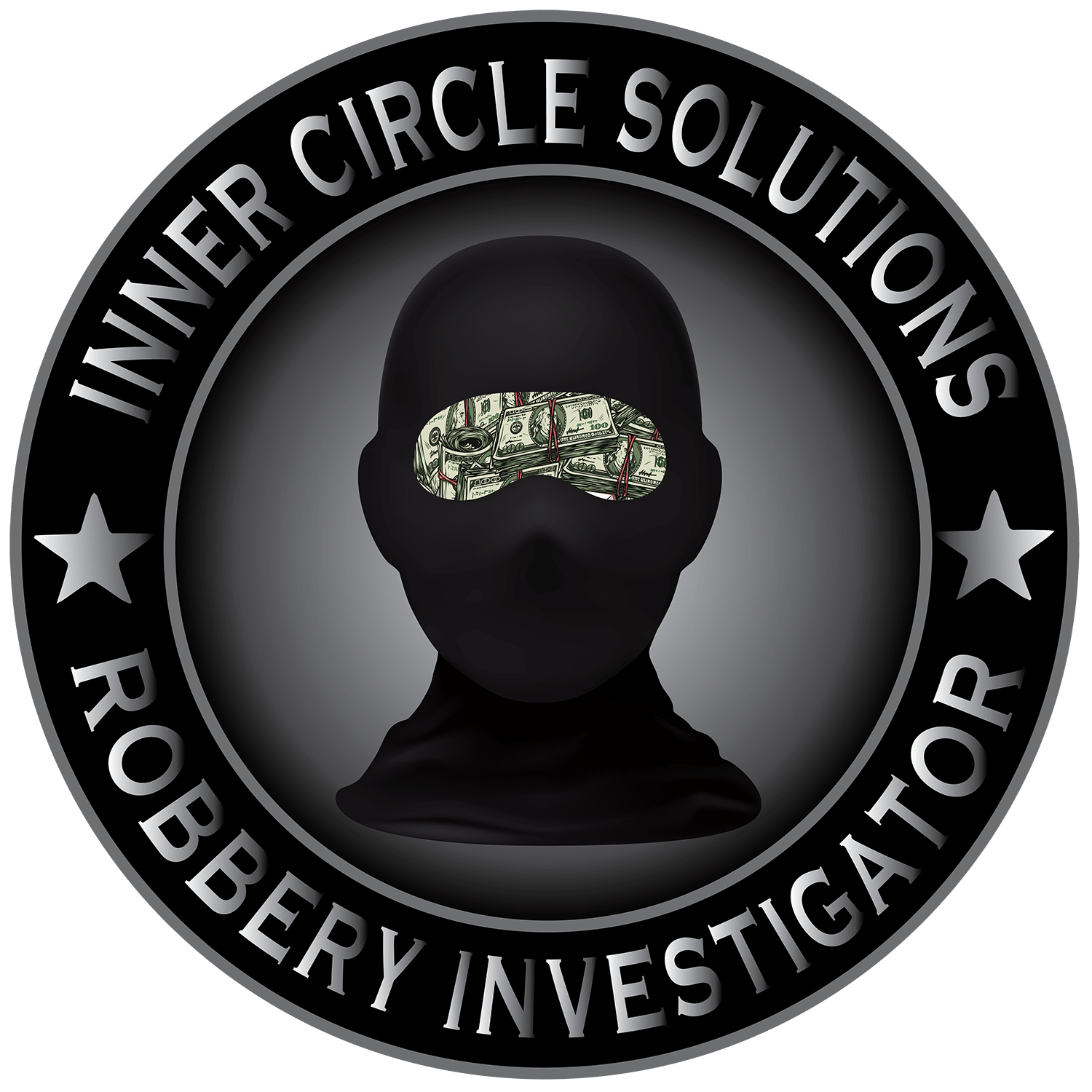
TRAINING TOPICS INCLUDE:
This three-day course of instruction reviews relevant case law and rulings specific to Hostage Negotiators, co-existing with a tactical team, knowing when negotiations aren’t working, creating a Negotiation Intelligence Team, and conducting digital negotiations.
This training provides an awareness of liability concerns and established court guidelines for negotiators, team leaders, and command staff during critical incidents. The course also covers why tactical and negotiator teams are co-dependent, the specific needs of each, and ways to bridge operational response gaps during critical incidents. Negotiators are then provided with tools to evaluate the effectiveness of their negotiation. This includes the process of identifying behavior markers that are indicative of peaceful or violent outcomes. A block of instruction is provided on Intelligence gathering techniques and how to decipher relevant information to be used to assist both the Negotiation and Tactical Teams. Finally, in today’s digital age the likeness of conducting a negotiation through non-verbal means is becoming increasingly likely. A review of specific techniques to engage in a digital negotiation is provided.
Attendees will also participate in scenario based and tabletop exercises to practice newly acquired skills and to master the basics.
TRAINING TOPICS INCLUDE:


This three-day course of instruction reviews relevant case law and rulings specific to Hostage Negotiators, co-existing with a tactical team, knowing when negotiations aren’t working, creating a Negotiation Intelligence Team, and conducting digital negotiations.
This training provides an awareness of liability concerns and established court guidelines for negotiators, team leaders, and command staff during critical incidents. The course also covers why tactical and negotiator teams are co-dependent, the specific needs of each, and ways to bridge operational response gaps during critical incidents. Negotiators are then provided with tools to evaluate the effectiveness of their negotiation. This includes the process of identifying behavior markers that are indicative of peaceful or violent outcomes. A block of instruction is provided on Intelligence gathering techniques and how to decipher relevant information to be used to assist both the Negotiation and Tactical Teams. Finally, in today’s digital age the likeness of conducting a negotiation through non-verbal means is becoming increasingly likely. A review of specific techniques to engage in a digital negotiation is provided.
Attendees will also participate in scenario based and tabletop exercises to practice newly acquired skills and to master the basics.
TRAINING TOPICS INCLUDE:

This 3-day course of instruction is designed specifically for law enforcement officers. The focus of this training is to prepare investigators to utilize effective methods of interviewing and interrogation techniques. Attendees will be able to identify the differences between an interview and interrogation and learn ways to structure interrogations to identify and address deceptive verbal and non-verbal cues from suspects and much more.
TRAINING TOPICS INCLUDE:
This 3-day course is designed to provide investigators with the tools and techniques they need to thoroughly investigate robberies in their communities. From the initial radio call to prosecution, attendees will explore each phase of investigating this type of crime and learn new methods of investigations as well. Students are encouraged to bring any unresolved robberies to class for review and suggestive input. Significant class participation will be involved in actual case studies presented.
TRAINING TOPICS INCLUDE:

The purpose of this course is to provide you, the Campus Police Officer or SRO, with the necessary knowledge and techniques utilized in responding to on-campus critical incidents, as well as crisis negotiations/intervention in private and/or public elementary and secondary schools as well colleges and universities. It will focus on the duties of the first responding officer to a crisis and what actions if any should be taken until a trained negotiator arrives. De-escalation and containment of conditions such as occupying protesters, faculty/student altercations, on/off campus sexual assaults and harassment, domestic violence situations, suicidal threats, and radicalization of students are challenging issues that school assigned law enforcement face across the nation regularly. The response to conditions such as these is in many cases more important than the resolution.